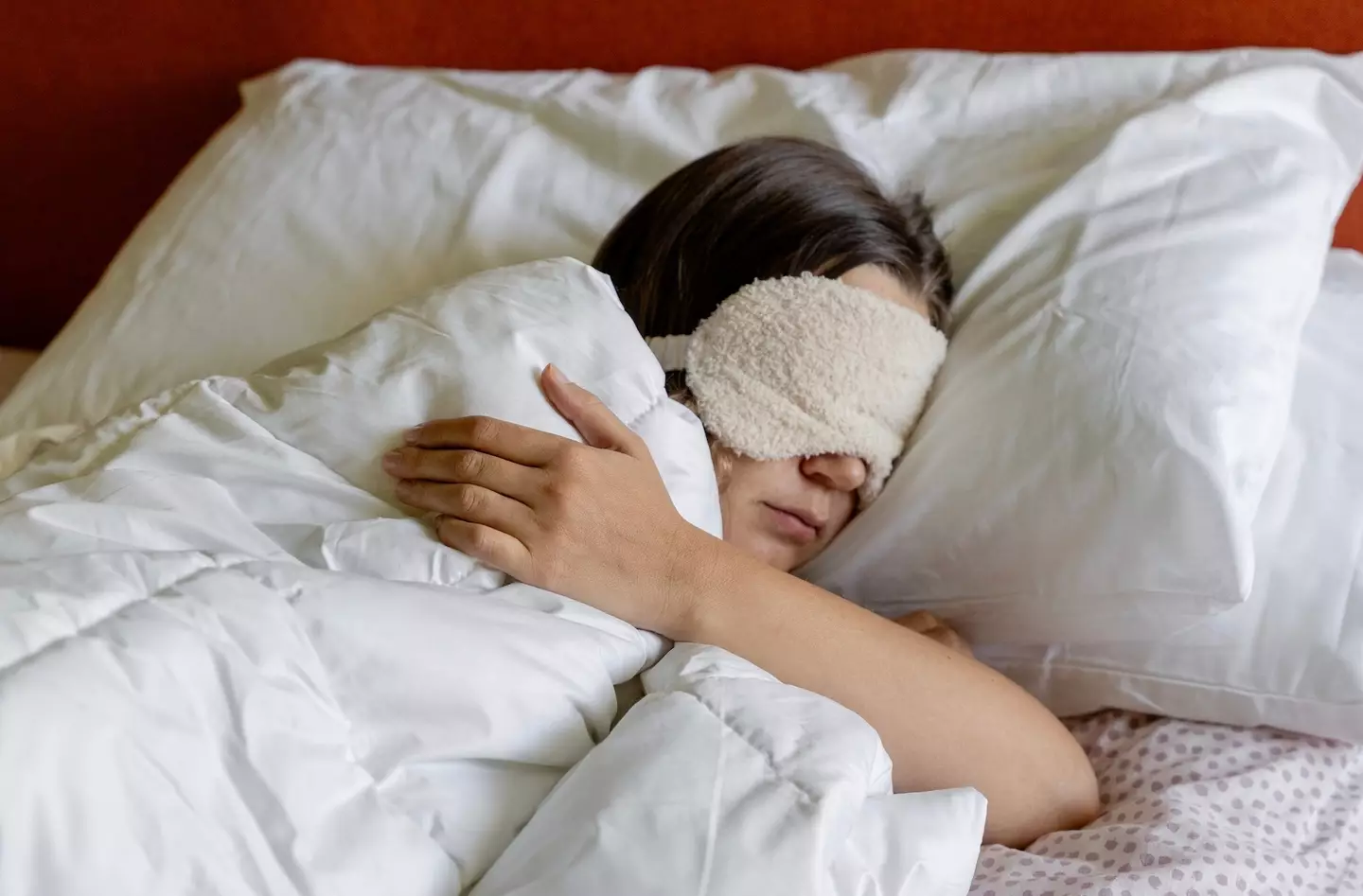
Have you ever hopped into bed after a long day, rolled onto your side and suddenly noticed you could hear your heart beating?
Well, you wouldn't be the only one, but a doctor has warned that if it happens regularly, it could an early sign of a hearing condition.
The first thing to note about occasionally hearing your pulse while lying on your side is that it's totally normal.
In a TikTok video, Detroit-based physician Dr. Anthony Youn explained the phenomena, likening it to the bass being turned up 'too loud' in your pillow.
Advert
The doctor, whose social media videos covering a number of health-related topics regularly go viral, said: "If, every once in a while, you're lying on your side and you hear your heart beating, it's most likely your carotid artery basically sitting against your pillow."
But, he warns that if you can hear your heartbeat regularly, it could actually be a sign of a chronic hearing condition.

Youn added: "If you’re hearing your heart beating all the time when you’re lying on your side, or especially when you’re standing up, then it could be pulsatile tinnitus."
Advert
The NHS describes the condition as a variation of tinnitus - a condition where there is a perception of sound even when there is no real source.
It usually causes an irritating and constant buzzing or ringing noise, but pulsatile tinnitus is different.
This sound has been described as rhythmical, and is heard regularly in the head and ears in the form of a heartbeat.
Talking to the New York Post, one patient described the sound as a 'washing machine in a spin cycle and a vacuum'.
Advert
However, this isn't the only reason that you may hear your heartbeat when lying on your pillow.

A blockage in the ear could be a contributing factor, as well as having high blood pressure, narrowed veins or arteries in the head and neck, an obscured connection between arteries and veins, or benign head or neck tumours.
Anaemia and pregnancy, which can affect the heart, could also be responsible.
Advert
NHS experts also advise that, if you suspect that you're beginning to experience pulsatile tinnitus, you should speak to your GP, who will suggest tests and treatments.
After learning about the potential cause, one person wrote in the TikTok video's comments: "Sooo I’ve been jamming out to this my whole life…it’s not just me!!"
And another added: "I had this for a few months. Thought my life was over because it was soooo annoying! Couldn’t sit in silence. It went away on its own."
While pulsatile tinnitus isn't a serious condition, if you're worried about your hearing or experience any other symptoms, it's best to visit your GP to determine the cause.
